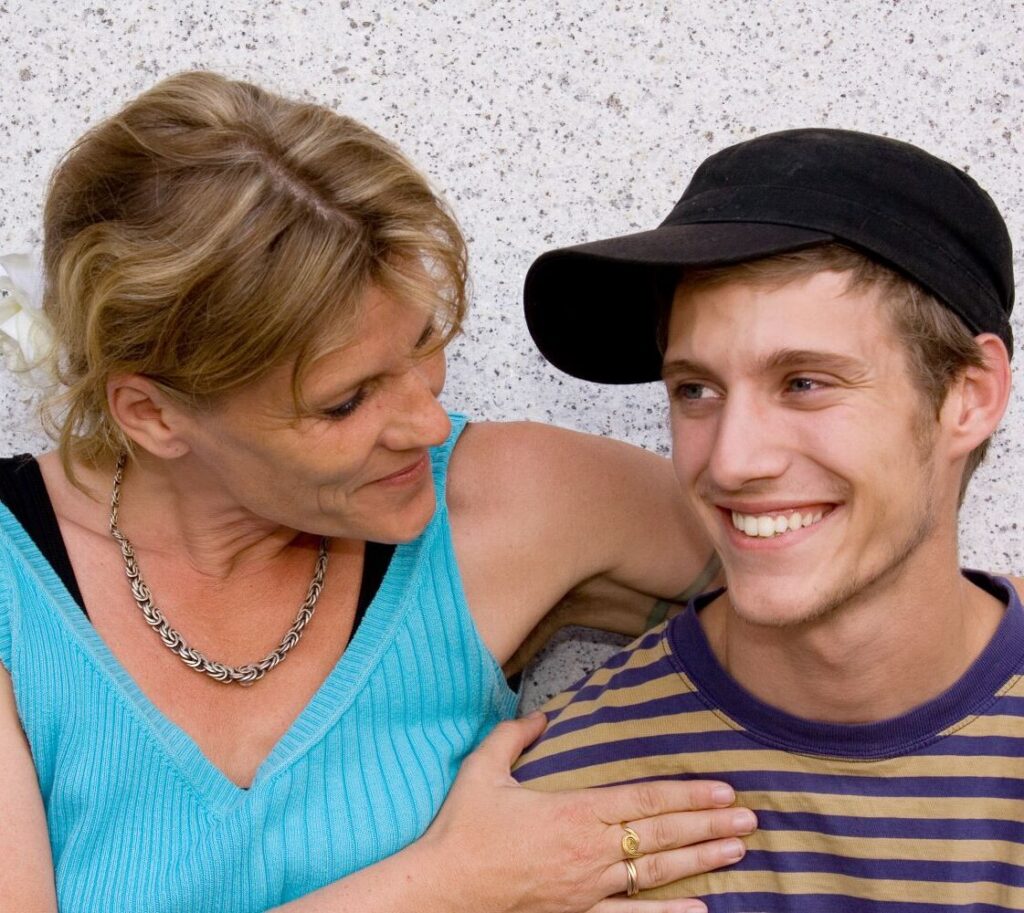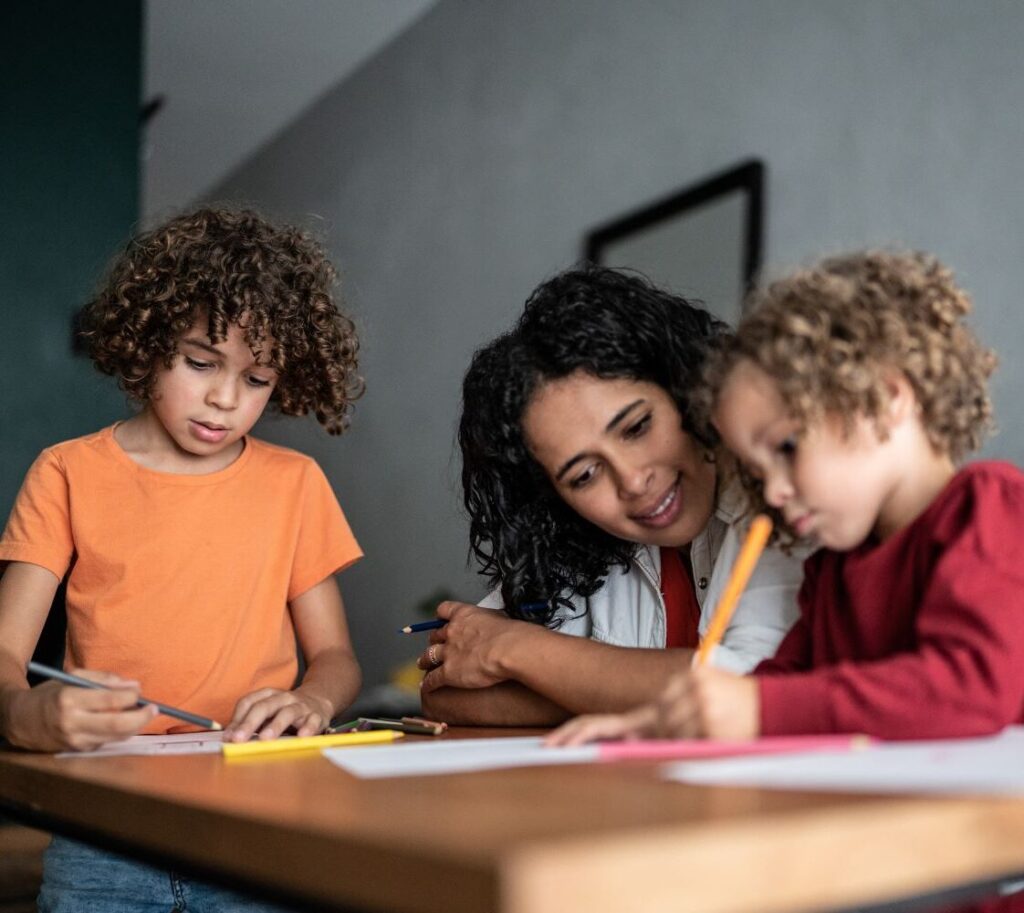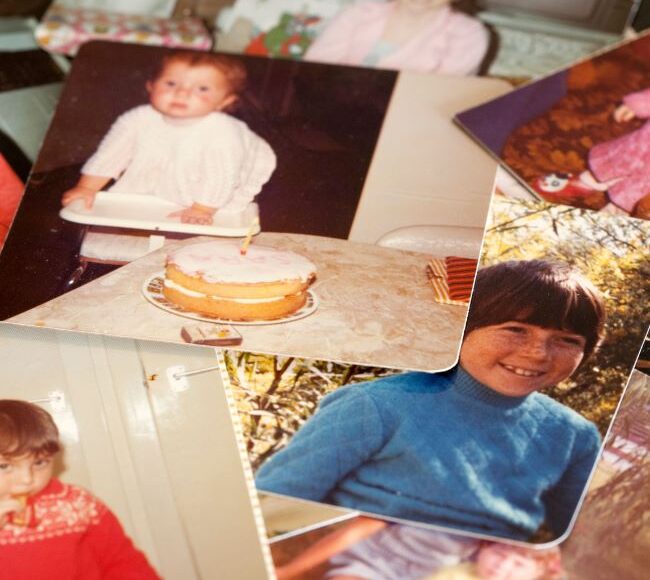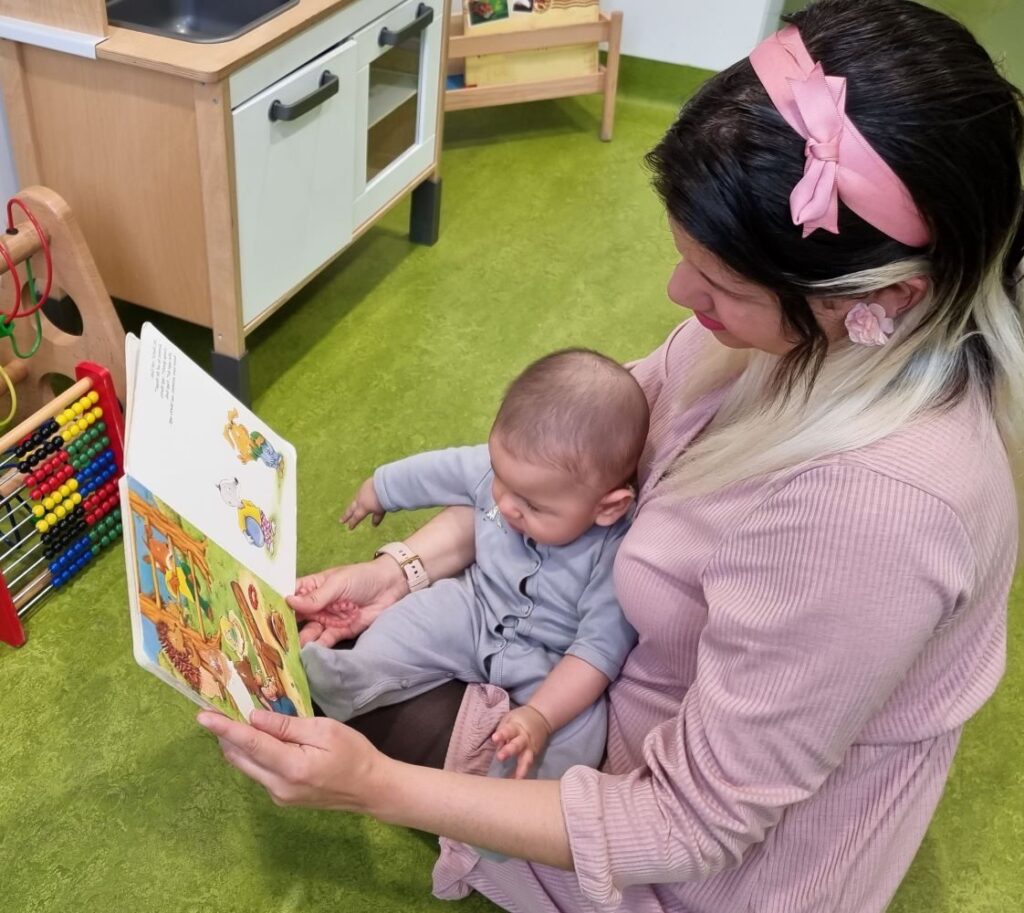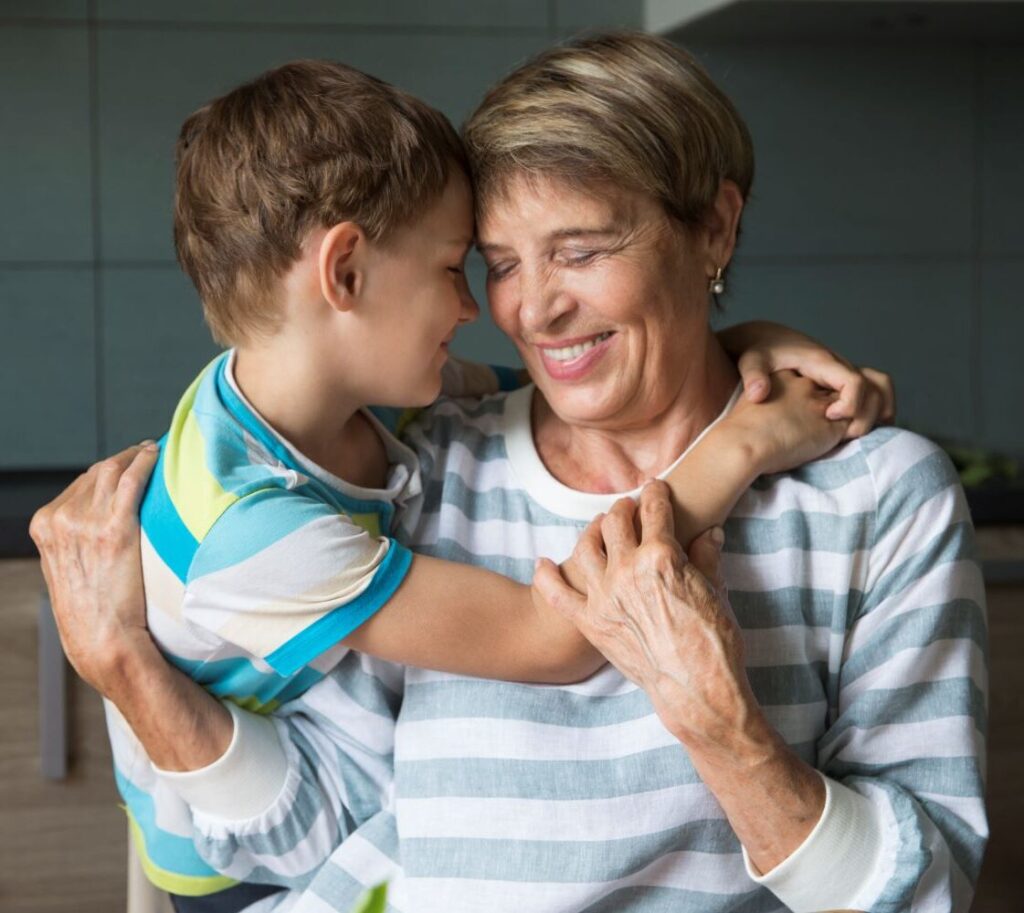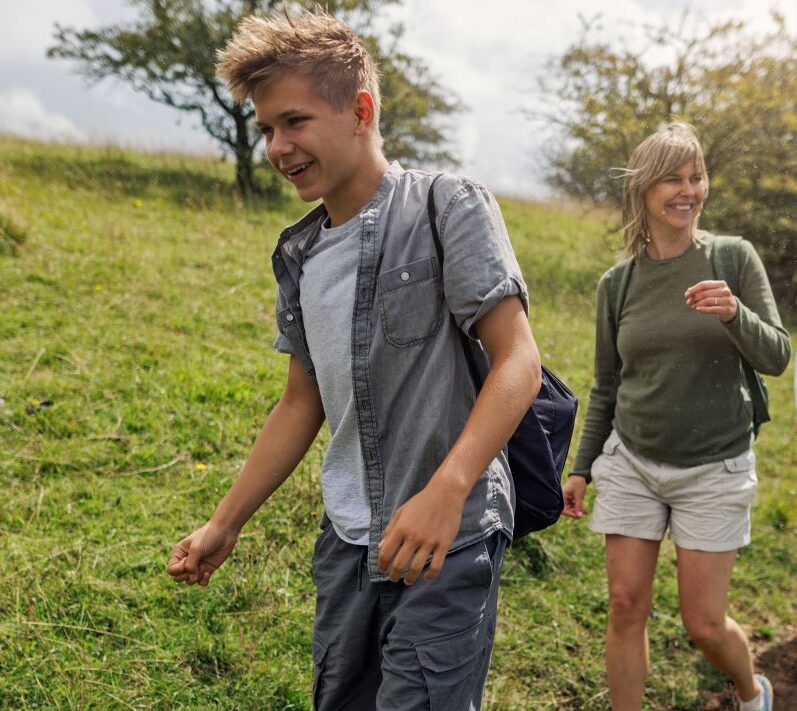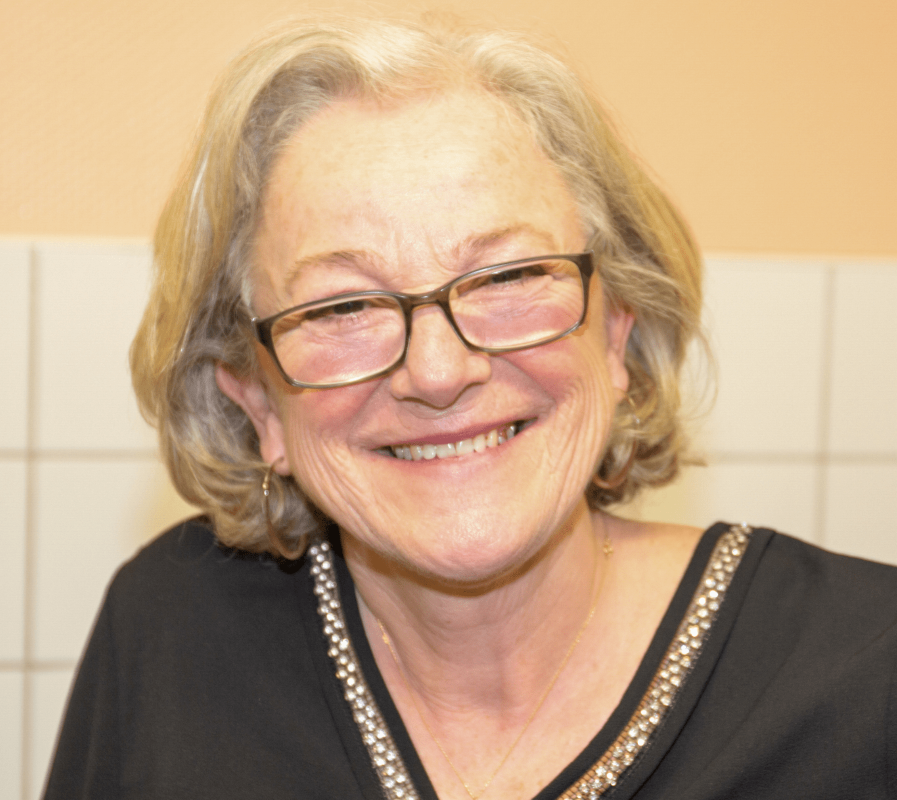One of the things that arises when you visit a GP is them asking you if there is any family history of anything. I have always had to say that I didn’t know.
Chris’s search for his birth parents expanded his family in unexpected ways. Here he describes his journey with Family Action’s PAC-UK Intermediary Service, which helps adopted people and families find and contact the relatives they were separated from decades before.
I’m 70 years old, and always known I had been adopted in the months immediately after my birth. My adoptive parents never held anything back. As I grew, they told me if I wanted details, I could have them. But I never asked, worried I might sound dissatisfied with the parentage I was getting – and I certainly wasn’t. Later on, I found that a lot of adopted people feel that way.
I had an extremely happy childhood. There was just my sister – who was not my sister by birth, and was also adopted – my parents and uncles and aunts. None of my cousins knew I was adopted because at the time there was a real stigma relating to adoption and illegitimacy.
My ‘mystery background’
I’d developed a lot of confidence out of having a “mystery background”. At one point I had a girlfriend who had also been adopted. We talked about the outrageous fantasies we had about our fathers being pilots shot down in the Korean war, or something equally cool. I did get some information from my parents in my 20s: they told me what my surname was… and it was a lot cooler than the one I had! But I didn’t find out much more and what I did find out was usually by accident. I had an exceptionally busy time in my 20s and 30s with work and life in and general. I got married and we had children several years later.
A ticking clock
With time passing worries grew. That GP question. I started to think I really should start doing more to find out about my personal history. When I was in my 50s, I was visiting my adoptive mother in her nursing home, when she unexpectedly blurted out a whole bunch of information about my background and origins.
This had a profound effect on me… it took two months before I could even tell my wife. What I remember was the fact that I was illegitimate and the details she mentioned regarding my birth mother. I was dumbfounded to hear it. That prompted me even more to think that I had to find out about it, as the people involved would be getting older… if indeed they were still alive. I was aware of a ticking clock. Time was running out.

Online investigations
We’ve all got computers and Google, so, at first, I did my own research, investigating the family name. Because the spelling was quite unique it aided my enquiries, and I narrowed it down to southeast London.
But I knew my birth mother was living in the North when I was adopted, so this was confusing. I managed to confirm that my father worked at sea, which rekindled my outrageous fantasies: this time I had visions he was a Spanish shipping magnate with an Atlantic fishing fleet he needed to leave to someone!
I like research, and do a lot for my work, but it got to the point where further investigation now needed official clout. I got in touch with my local council regarding how I’d find out more about my adoption and they put me in touch with Family Action’s PAC-UK service.
Worried about causing upset
As a child growing up, I was aware of the stigma of being adopted and was worried about whether I’d upset any potential family by getting in touch. That’s why I went through an agency. I was also aware that I could be disappointed by what I found. They were extremely sensitive when asking questions and spot on when it came to discretion and courtesy to everyone involved. There was a lot of waiting around and inevitably it took a long time to access the files, but that’s the way the system works. COVID didn’t help.
PAC-UK kept me in the loop regarding what they’d heard and the handholding with everyone involved was extremely good. They would tell me what they were working on, describing how they were sending registered letters to people who might be related. Sensitivity was key and they used defined methods in their procedures. Discretion was the watchword.
The right time to discover the past
They uncovered information about my mother – how she worked in the clothing industry in the North – her work took her all over the country. Later I would find out that my father was indeed a sailor. My parents had met and fallen in love, and he had asked my mother to marry him. I learnt that her parents had put their foot down so the marriage never happened. Whether he sailed off to sea with a broken heart I’ll never know. If I’d discovered all this 30 years ago, I’d have been devastated due to the humiliation of discovering the illegitimacy, but now society’s values have changed.
Yet there had still been no response to any of the registered letters we’d sent. In fact, it took the best part of two years before, suddenly, a response came from somebody who recognised that she was my sister. I don’t know what was said exactly, as that’s what the intermediary is for, but interest had been sparked and contact made. At first, we exchanged introductory emails – generic information about our lives, without being too specific. She didn’t know her mother had had another child, so that came as rather a shock – which may have been a reason for the delayed response.
A surprise to me was learning I didn’t just have one sister but one brother and three sisters. Yet discovering me was much more of a bombshell to them: they were a close family who without warning had to come to terms with a brother they never knew existed.
I had been interested in finding my mother and father, but never considered that I would have brothers and sisters, although I was absolutely delighted discovering that I had. After a couple of months of writing to each other, my sister happened to be travelling through the area I live so we decided to meet for coffee. We got on very, very well indeed.
Neither of us were nervous because the letters we’d sent had been open enough to give us the measure of each other. Over the months that followed, I met the rest of my family in turn. Similarities emerged. Even now when we meet, we’ll suddenly recognise some resemblance or other. Hands, eyes…
That GP question came home to roost when the very first thing my brother asked me was “What’s your blood pressure like?”
Finding my birth family with PAC-UK
PAC-UK did things correctly. I would have hated to get so far, discover someone, ask a wrong question and have that line cut and never hear from them again.
As it is, I’ve discovered a whole tranche of nieces and nephews, and they’re all so dynamic, interested and play a consistent part in each other’s lives and really keep the family going. I’m so grateful, as it’s that attitude that’s made it so easy for them to embrace me into the bosom of their family. The miles between us means meeting up takes a bit of arranging, but it happens, and I’m in contact with them every week or so, which is tremendous.
PAC-UK supports birth parents and adopted people, whose voices and needs have historically been marginalised. You can find out more about this essential service here.

